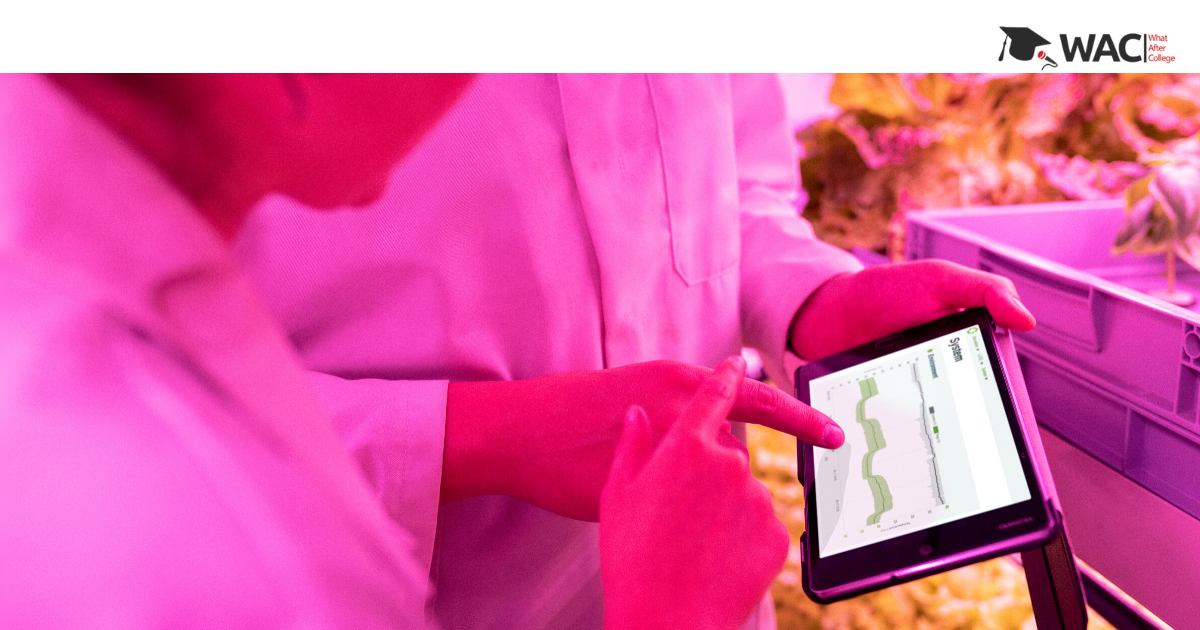IoT Data scientists are starting to play mission-critical roles as big data continue to spout and predictive systems grow more important to organizations. However, data scientists aren’t a one-for-all concept, and different skill sets work with different IT domains. Now, the IT domain that needs a data scientist the most is IoT. The connected world produces large volumes of data that need to be understood. Examining this data will help to extract vital information hidden in it. This job is well performed by Data Scientists. Data Science is a combination of various systems and processes that work systematically to analyze large volumes of raw data and extract useful pieces of information that can be used later. Let’s talk in detail about why do organizations need IoT Data Scientists.
IoT Data Scientists in Organizations
Data science and IoT go hand-in-hand to achieve higher efficiency in work. It particularly aims at enhancing the values of silos and utilizing the data across various aspects of your business. It also helps to enhance your business areas like CRM, capacity planning, and so on. IoT Data Scientists in Organizations provides a competitive advantage over others.
Why do Organizations need them?
- IoT Data Scientists provide a deep analysis of large data. This helps your business gain a competitive edge over others. You can grasp predictive analytics reports to grab new market opportunities before your competitors.
- They offer an end to end solution to the data analytics problems. Not only that, but they also help you in digging creative ideas to lead your business.
- Data scientists manage the continuous flow of pricing data and bids by applying mathematical algorithms and statistics. Hence, IoT Data scientists in organizations can help in Revenue collection and real-time pricing problems.
- Your business always remains under a threat of fraud. But, IoT data scientists reduce this threat. They have two techniques of fraud detection – the Artificial Intelligence and Statistical Technique.
- Using neural networks, fraud patterns are examined in historical data. Further, this data is used to detect suspicious patterns.
- Pattern recognition and Data mining help avoiding fraud by classifying and grouping the data as per set rules. It also detects suspicious groups and patterns with suspicious behavior.
Work done by IoT Data Scientists
Pre-processing of data: Data does not flow easily out of IoT. IoT data is mostly incomplete, and it changes under dynamic conditions. The data is time-sensitive. IoT data scientists can apply deep learning to note conditional shifts in data patterns. They can also make a predictive evaluation of data quality and fill the gaps as per need.
Sensor fusion: The state of a machine or a process depends on many IoT sensor inputs. The challenge is to join the data from different devices logically to boost the quality and eliminate the uncertainty of individual results. IoT Data scientists can do this easily.
Wrapping Up
IoT differs from normal IT and cloud architecture. This is because of its vast distribution of devices and networking intricacies. The differences in the kind of data and how it should be processed are just as important as the architecture. Data processing is where IoT data scientists can influence both the quality and use of data.
The challenges of working with data can be reduced by an IoT data scientist who has the right skills. Organizations that have IoT data scientists on the team are seeing improvements in several areas. An IoT data scientist in an organization develops a complete understanding of the IoT system’s behavior. This is in terms of both operations as well as the potential of output. Hence, organizations need to have Data Scientists on their teams.

All you need to know about IoT
| Introduction to IoT | Career Options after IoT |
| IoT in Business Growth | How IoT works? |
| Future of IoT | Benefits of IoT |
| Disadvantages of IoT | Salary After IoT Course |
Learn IoT
| Top 7 IoT University/ Colleges in India | Top 7 Training Institutes of IoT |
| Top 7 Online IoT Training Programs | Top 7 Certification Courses of IoT |
Learn IoT with WAC
Other Skills in Demand
| Artificial Intelligence | Data Science |
| Digital Marketing | Business Analytics |
| Big Data | Internet of Things |
| Python Programming | Robotics & Embedded System |
| Android App Development | Machine Learning |

